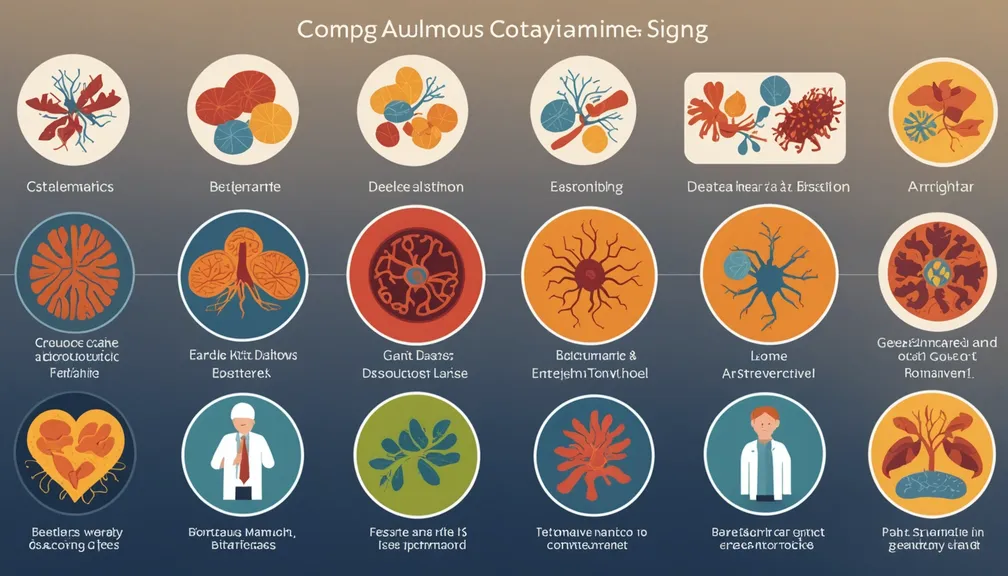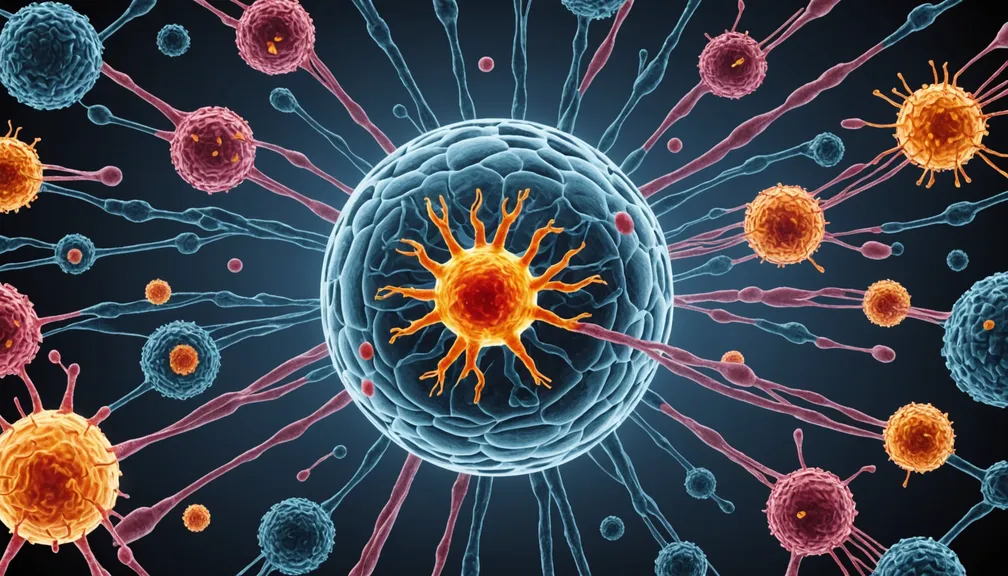Common Symptoms and Early Warning Signs
Living with an autoimmune rare disease can be challenging, especially when trying to recognize the signs and symptoms early on. Understanding these common indicators can help you seek the right care promptly and manage the condition effectively.
1. Common Symptoms of Autoimmune Rare Diseases
Autoimmune rare diseases occur when the immune system mistakenly attacks the body’s own cells. This can lead to a variety of symptoms, which may vary depending on the specific disease and the organs affected. Here are some of the most common symptoms experienced by individuals with autoimmune rare diseases:
a. General Symptoms
- Fatigue: Persistent tiredness that doesn't improve with rest.
- Fever: Unexplained low-grade fever.
- Swollen Glands: Enlarged lymph nodes, often in the neck, armpits, or groin.
- Weight Changes: Unintentional weight loss or gain.
b. Skin-Related Symptoms
- Rashes: Red, itchy, or painful patches on the skin.
- Photosensitivity: Skin reactions triggered by sunlight exposure.
- Hair Loss: Unexplained shedding or thinning of hair.
c. Joint and Muscle Symptoms
- Joint Pain: Inflammation and pain in the joints, which may be accompanied by swelling.
- Stiffness: Difficulty moving joints, especially after periods of rest.
- Muscle Weakness: Reduced strength in muscles, making everyday activities harder.
d. Digestive System Symptoms
- Abdominal Pain: Unexplained pain or discomfort in the stomach area.
- Diarrhea or Constipation: Persistent changes in bowel movements.
- Nausea: Feeling sick to the stomach without an obvious cause.
e. Nervous System Symptoms
- Numbness or Tingling: Sensations of pins and needles, especially in the hands and feet.
- Headaches: Frequent or severe headaches not attributable to other causes.
- Dizziness: Episodes of feeling lightheaded or unsteady.
f. Other Common Symptoms
- Mouth or Eye Irritation: Dryness, redness, or discomfort.
- Respiratory Issues: Shortness of breath or persistent cough.
- Muscle Cramps: Sudden, involuntary muscle contractions.
2. Early Warning Signs to Watch For
Recognizing early warning signs is crucial for timely diagnosis and management of autoimmune rare diseases. Being aware of subtle changes in your body can make a significant difference in outcomes.
a. Persistent or Unexplained Symptoms
- Experiencing symptoms that linger longer than expected without a clear cause.
b. Unusual Reactions to Infections
- Developing severe or prolonged symptoms after common infections.
c. Fluctuating Symptoms
- Noticing that symptoms appear and disappear or vary in intensity over time.
d. Difficulty in Diagnosing
- Facing multiple medical tests and consultations without a clear diagnosis, which is common in rare diseases.
3. When to Seek Medical Help
If you or a loved one experience any of the following, it's important to consult a healthcare professional:
- Persistent Fatigue: Feeling overwhelmingly tired for weeks without improvement.
- Severe Pain: Experiencing intense pain in joints, muscles, or other areas.
- Unexpected Weight Loss or Gain: Losing or gaining weight without changes in diet or exercise.
- Unexplained Fever: Having a fever without an obvious infection.
- Neurological Symptoms: Noticeable numbness, tingling, or coordination issues.
- Skin Changes: Sudden or severe rashes, discoloration, or hair loss.
- Digestive Problems: Ongoing abdominal pain, diarrhea, or constipation.
4. Health Professionals Who Can Help
Managing an autoimmune rare disease often requires a team of specialized healthcare providers. Here are some types of doctors and health professionals who can support you:
- Rheumatologist: Specializes in autoimmune diseases affecting the joints and connective tissues.
- Immunologist: Focuses on the immune system and related disorders.
- Dermatologist: Treats skin-related symptoms and conditions.
- Neurologist: Addresses nervous system symptoms such as numbness or headaches.
- Gastroenterologist: Manages digestive system issues.
- Primary Care Physician: Coordinates overall care and referrals to specialists.
- Physical Therapist: Helps maintain mobility and manage muscle and joint pain.
- Psychologist or Counselor: Provides emotional support and coping strategies.
Conclusion
Recognizing the common symptoms and early warning signs of autoimmune rare diseases is the first step toward effective management and improving quality of life. If you notice any persistent or unusual symptoms, don't hesitate to reach out to a healthcare professional. A supportive medical team can guide you through diagnosis, treatment options, and ongoing care to help you navigate life with an autoimmune rare disease.






